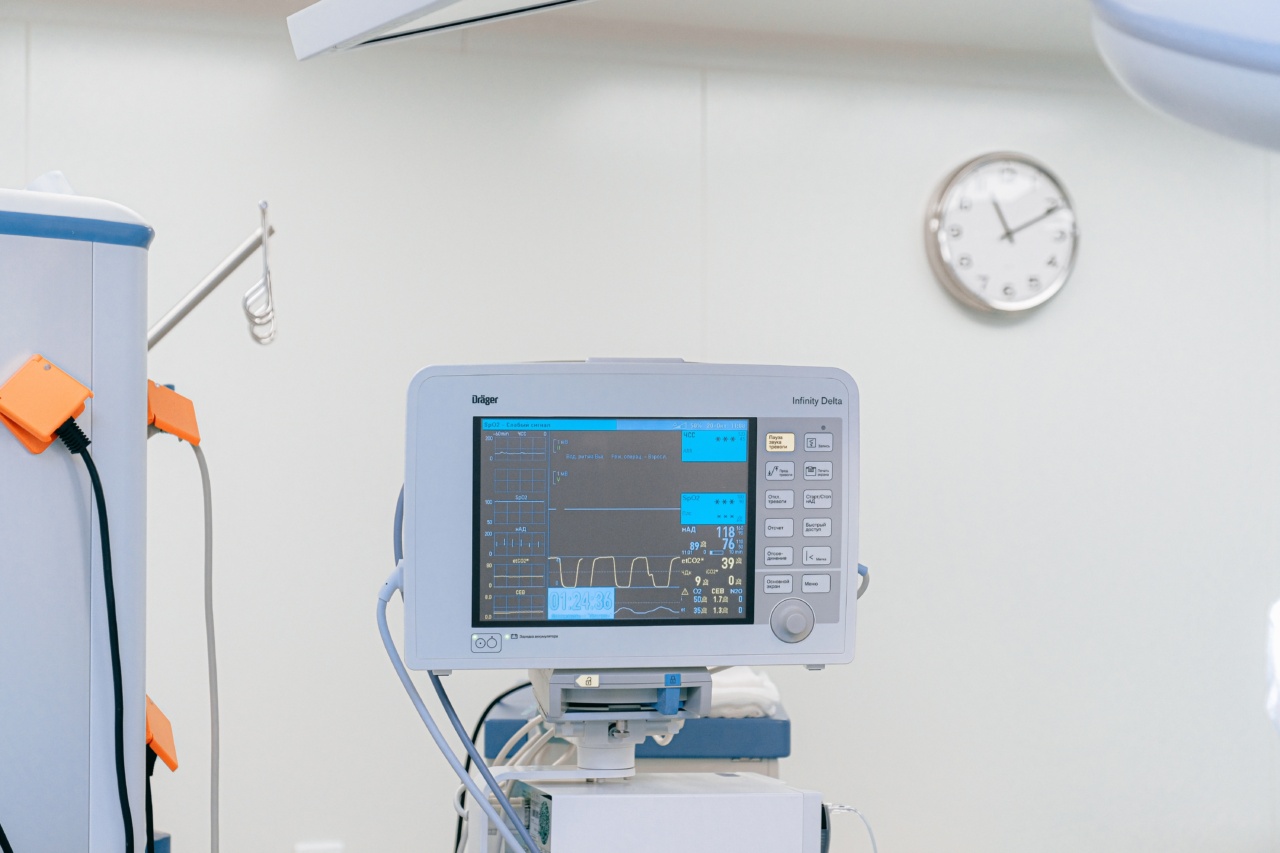Heart surgery is a serious and life-threatening procedure, but for many patients, it can be a life-saving opportunity.
Unfortunately, many patients do not make it through the surgery, and those who do often face numerous complications and long recovery times. However, recent studies show that there may be a significant difference in the outcomes of heart surgery patients who are married versus those who are not.
What the Studies Say
According to scientific studies, married patients have a higher chance of survival after heart surgery compared to unmarried patients.
These studies show that heart surgery patients who are married are more likely to survive the procedure and have a faster recovery time than their counterparts who are not married.
One of these studies, conducted by researchers at the Cleveland Clinic, found that married heart surgery patients were 26% less likely to die after the procedure.
This study analyzed data from over 500,000 patients over the age of 50 who underwent heart surgery between 1982 and 2011. The results of the study showed that, overall, married patients had a much more positive outcome from heart surgery compared to unmarried patients.
Why Marriage Matters
There are several reasons why married patients may have a higher chance of survival after heart surgery. One of the most important factors is that married patients tend to have a stronger support system in place.
This support system can include spouses, children, and other family members who can provide emotional and physical support during the recovery process.
Married patients may also have a better overall health status before the surgery.
Studies have shown that married people tend to take better care of themselves, including getting regular check-ups, exercising regularly, and practicing healthy lifestyle habits. This means that married patients may be in a better overall health status before the surgery, which can lead to better outcomes.
The Importance of Emotional Support
Aside from physical support, married patients also have a strong emotional support system. After surgery, patients may experience a range of emotions, including feelings of uncertainty, fear, and anxiety.
Having a partner by their side during this time can provide a sense of comfort and stability.
Emotional support from a spouse can also help reduce stress levels, which can have a positive impact on the healing process.
Studies have shown that stress can impede the healing process, so having a supportive partner can have a significant impact on the recovery time.
The Role of Social Isolation
In contrast, unmarried patients may have a higher risk of social isolation, which can negatively impact their recovery.
Social isolation has been linked to a range of health problems, including depression, anxiety, and decreased overall sense of well-being. Patients who do not have a support system in place may feel more isolated, which can lead to a longer recovery time and higher risk of complications.
Other Factors That Contribute to Better Outcomes
In addition to the support system and overall health status of married patients, there are also other factors that can contribute to better outcomes after heart surgery. These include:.
- Lower stress levels before surgery
- Higher income levels
- More access to healthcare resources
- Having regular check-ups and screenings
- Being compliant with medication and other treatment plans
While these factors are not necessarily dependent on marriage status, they can contribute to a positive outcome after heart surgery.
However, for those who are not married, building a strong support system and prioritizing health and well-being can still lead to improved outcomes.
Conclusion
Heart surgery is a complex and life-changing procedure, and having a strong support system in place can make all the difference in the world.
While married patients have a higher chance of survival and more positive outcomes after heart surgery, all patients, regardless of their marital status, can benefit from taking care of themselves and building a support network of family and friends. By prioritizing health and emotional well-being, patients can give themselves the best possible chance of a positive outcome.































